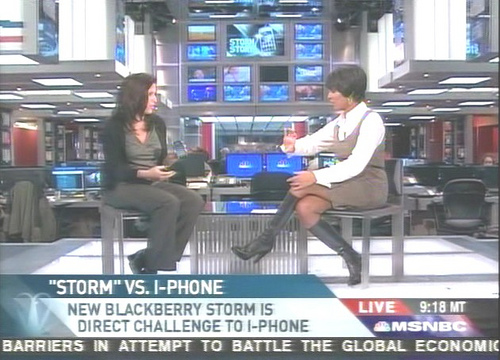I really believe in side projects. At BuzzFeed, everyone had something interesting they did on the side. I’ve written about some of these side project stories here on the site. I think a great side project can be a valuable tool for showcasing your skills, sharing what you’ve learned, and building communities.
And now might be a good time to mention that I’ve got a new one of my own.
In January, I launched a new monthly briefing around email and newsletters. Every month, I pull together resources — links, news, tips, and other ideas — that might help others send better email. I publish everything in a Google Doc, and since it’s a Google Doc — and not a monthly newsletter that I send out — I call it… Not a Newsletter. (One lesson from my stry.us days: Always pick a name that people will remember and can easily spell.)
Why create something like this? It’s pretty simple: I want to improve the conversation around email, and I want to get as many people as I can involved. I’m following the lead of those in the open-source community: By making all of this accessible to everyone, I’m hoping that others will be able to share their learnings back and build on top of the ideas in the doc. In the long run, I think that the more people we can get involved in this conversation, the better we can make our inboxes.
If you’re interested, check out the doc at notanewsletter.com. And if you’d like to be updated when the next edition goes live, sign up to be alerted at http://signup.notanewsletter.com.

